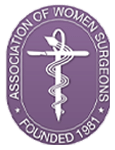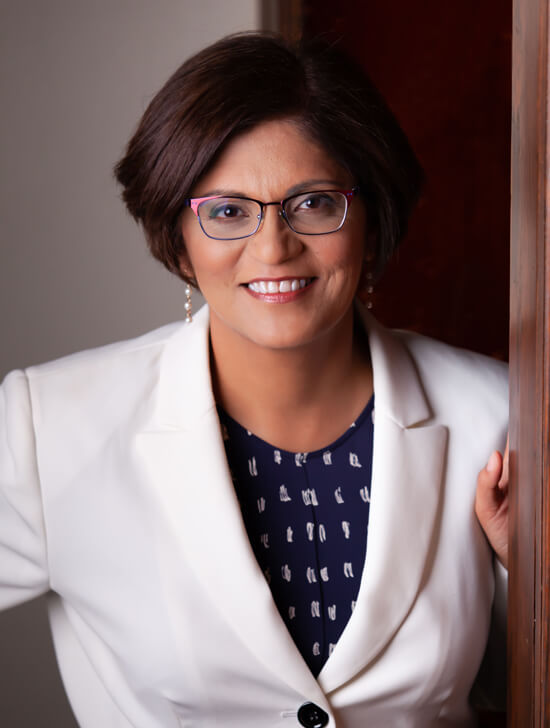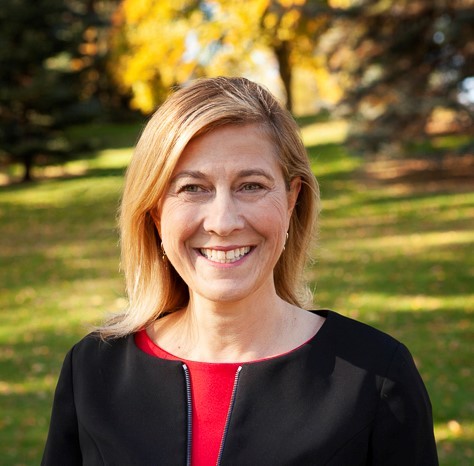The important thing in science is not so much to obtain new facts as to discover new ways of thinking about them.
—Sir William Bragg
It is clear that prevention is the key to avoiding WRMSD in surgeons. Incorporating surgical ergonomics awareness and practices via curricula in residency is one way to address this early in a surgeon’s career. But what about the practicing surgeon who may already have chronic pain or other symptoms of WRMSD, or have had surgery for their issues?
Ergonomics training should be provided to practicing surgeons as well, and ideally, continue throughout the span of their career. Although general ergonomics training is beneficial, the needs of individual surgeons and the injuries they develop are unique.
Therefore, ergonomics training should be personalized. This is where coaching comes in.
The International Coaching Federation defines coaching as “partnering with clients in a thought-provoking and creative process that inspires them to maximize their personal and professional potential.” Although coaching has been an integral mechanism for improved performance in sports, music and business for many years, it is only recently gained traction in surgery. In contrast to traditional surgical professional development, which involves didactics and short courses, coaching incorporates a partnership between a trained coach and a surgeon with self-identified goals that are pursued through collaborative analysis, reflection and constructive feedback.
Dr. Lal is a trained surgical coach (via The Academy for Surgical Coaching ®) and has partnered with Dr. Linda Miller, a certified ergonomist and occupational therapist to improve your ergonomics both inside and outside the operating room via a personalized peer coaching approach. Their combined expertise and holistic approach can help you improve not only your posture and risk of WRMSD, but also enhance well-being, productivity and career longevity.
Dr. Lal is available to share her expertise both in-person and virtually
Individual Coaching

We recommend a minimum of 3 sessions which will incorporate:
- Review of symptoms
- Goal setting
- Evaluation of operative and non-operative ergonomics using video
- Personalized feedback
- Goal setting and follow-up
Group Coaching

Suitable for a practice or Department/Division and will incorporate:
A lecture/webinar on the basics of surgical ergonomics and best practices for various types of procedures followed by one-on-one coaching for individual surgeons. This will include review of symptoms, goal setting, evaluation of operative and non-operative ergonomics using video, personalalized feedback, goal setting and follow-up.
Dr. Lal has shared her knowledge regarding surgical ergonomics at the following venues:









